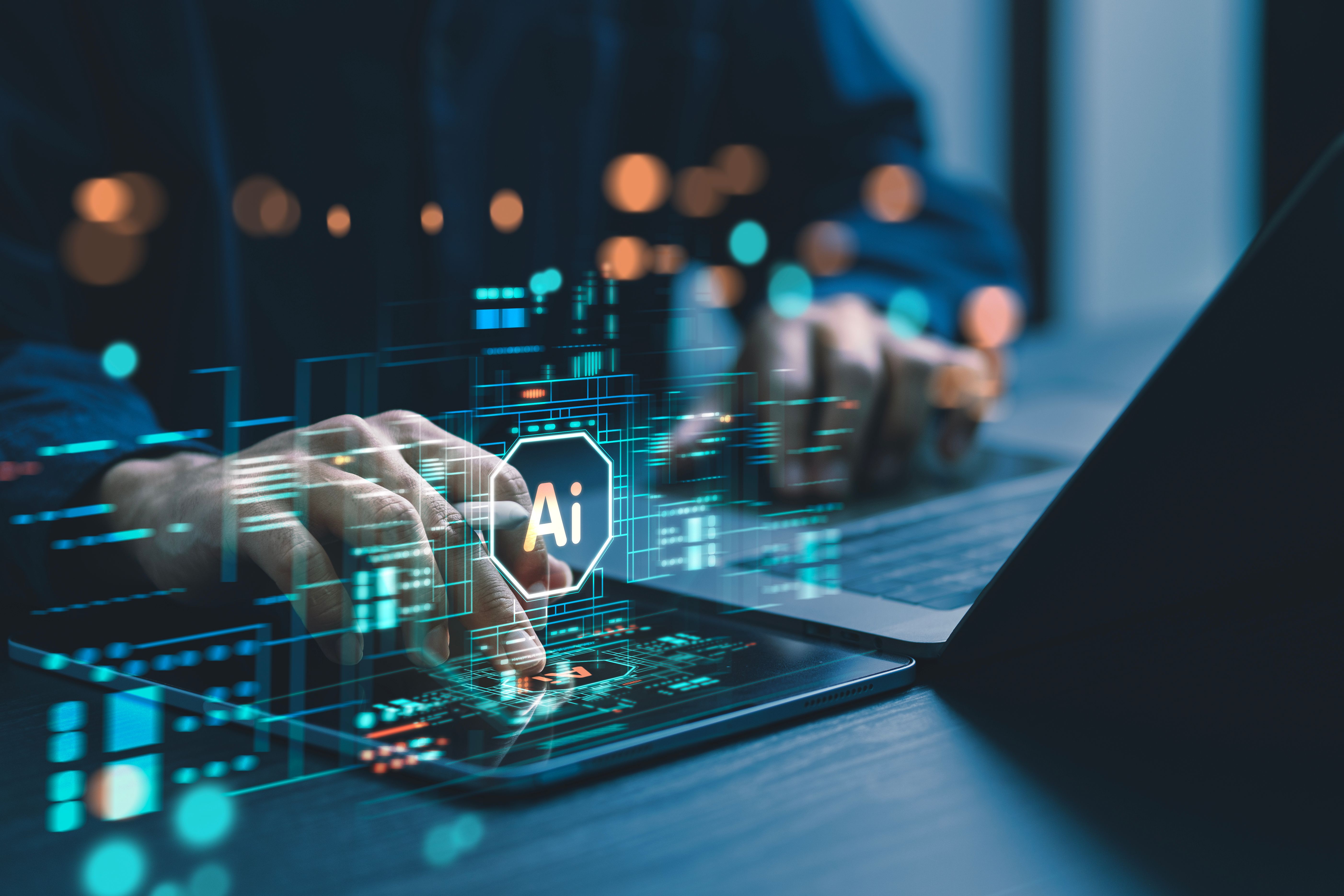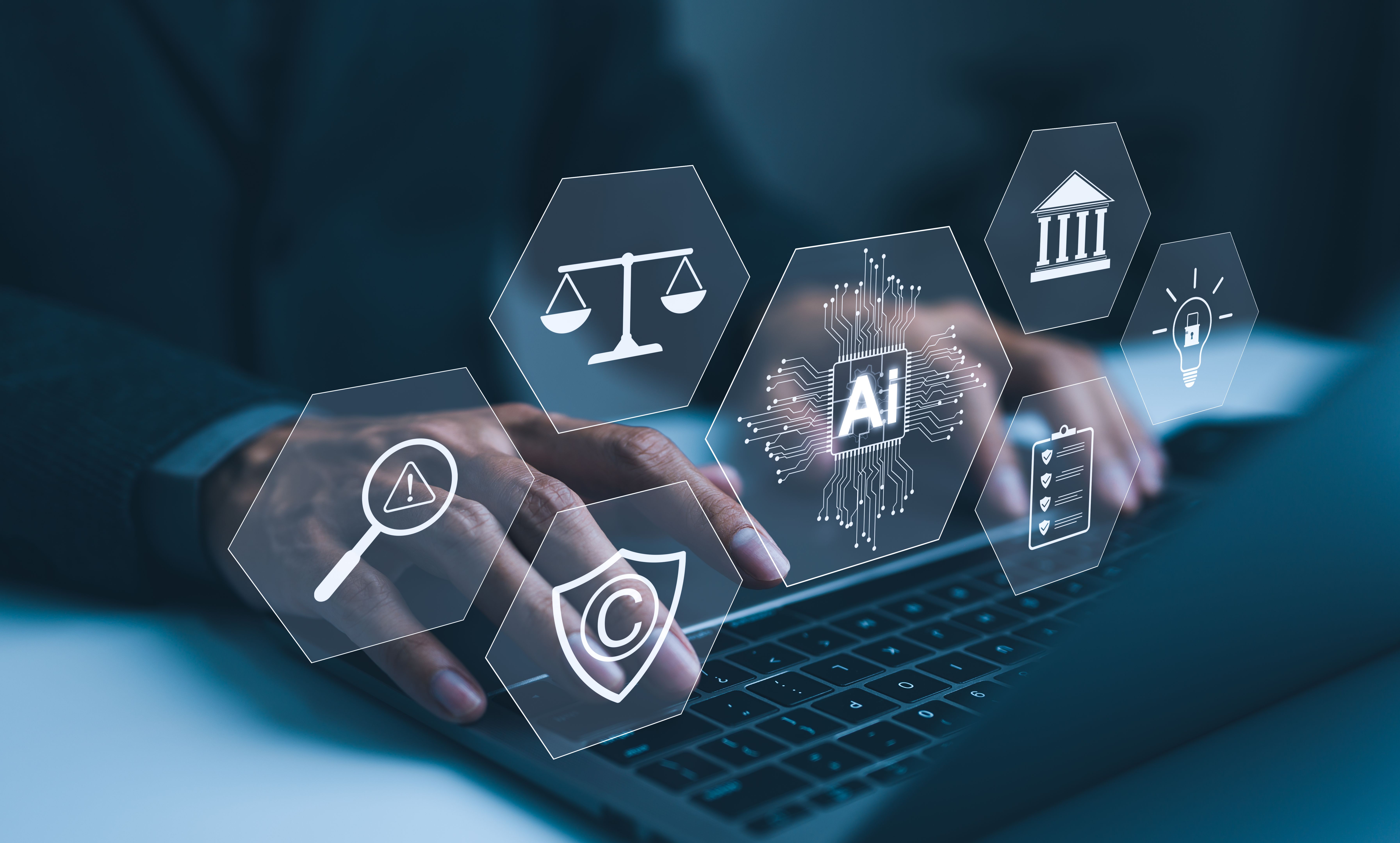Uncontrolled AI Isn’t Innovation—It’s Liability Ignore
SC
Understanding Responsible AI Development
As artificial intelligence (AI) continues to advance, its integration into various sectors offers numerous benefits, from healthcare to finance. However, with these advancements comes the crucial need for responsible AI development. This ensures that AI technologies are not only effective but also ethical and safe for society.

Ethical Considerations in AI
Responsible AI development begins with ethical considerations. Developers must ensure that AI systems do not perpetuate biases or discrimination. This involves using diverse data sets and fostering transparency in how algorithms make decisions. By prioritizing ethics, developers can build systems that are fair and just for all users.
Moreover, it’s essential to establish accountability in AI systems. This means implementing mechanisms that allow for tracking and explaining AI decisions. By doing so, developers can build trust with users and mitigate potential misuse of AI technologies.
The Role of Regulation in AI
Government regulations play a pivotal role in responsible AI development. By setting clear guidelines and standards, governments can ensure that AI systems are developed with public safety and welfare in mind. Regulations can help prevent the misuse of AI and protect users' privacy and data.

Furthermore, collaborations between policymakers, industry leaders, and researchers can drive the creation of comprehensive regulations that keep pace with technological advancements. These partnerships are critical to fostering an environment where innovation and responsibility go hand-in-hand.
Ensuring Data Privacy and Security
Data privacy is a significant concern in AI development. As AI systems often rely on vast amounts of data, developers must implement robust security measures to protect this information from breaches or misuse. Encryption, anonymization, and regular audits are some strategies that can enhance data security.
Additionally, transparency in data handling practices is crucial. By informing users about how their data is collected, stored, and used, developers can build trust and encourage responsible data sharing practices.

The Future of Responsible AI
Looking ahead, the future of responsible AI development will likely involve more sophisticated technologies that require even greater scrutiny. Continuous education and training for developers will be essential to keep up with these changes and ensure responsible practices are upheld.
Ultimately, the goal of responsible AI is to create technologies that improve lives while minimizing risks. By focusing on ethics, regulation, data privacy, and continuous improvement, the tech industry can harness the full potential of AI responsibly.
At Trusenta, we specialize in putting the right guardrails in place—before problems emerge. Our AI Governance frameworks ensure your AI systems are transparent, ethical, and auditable.
